Multiple workshop events will be held in conjunction with EuroVis 2023. All will take place at the same venue on June 12th.
Jump directly to:
EGPGV
Eurographics Symposium on Parallel Graphics and Visualization
The Eurographics Symposium on Parallel Graphics and Visualization (EGPGV) aims to foster the exchange of experiences and knowledge on exploiting and defining new trends in parallel graphics and visualization. This area is of growing importance due to the rapidly increasing availability of multi-core CPUs, GPUs, and cluster systems. Computationally demanding and data-intensive applications in graphics and visualization are strongly affected by this trend and require novel, efficient parallel solutions.
https://www.egpgv.org/
Organizers
Roxana Bujack, Los Alamos National Laboratory, USA
David Pugmire, Oak Ridge National Laboratory, USA
Guido Reina, University of Stuttgart, Germany
EnvirVis
Visualization in Environmental Sciences Workshop
Research in environmental sciences has become increasingly important as we are faced with more and more challenges regarding climate change, water scarcity, pollution of the environment, and changes in biodiversity. The EnvirVis-workshop invites contributions with a broad application area in environmental research from both visualization and environmental sciences. Our goal is to raise awareness of the importance of visualization in this domain and to establish a forum for interdisciplinary discussions.
https://www.informatik.uni-leipzig.de/bsv/envirvis/
Organizers
Soumya Dutta, Indian Institute of Technology, Kanpur, India
Kathrin Feige, Deutscher Wetterdienst, Offenbach, Germany
Karsten Rink, Helmholtz Centre for Environmental Research — UFZ, Germany
Dirk Zeckzer, Leipzig University, Leipzig, Germany
EuroVA
International EuroVis Workshop on Visual Analytics
EuroVA 2023 is the premier workshop to present and discuss fresh ideas on new methods and theories, novel applications, designs, and studies on the use of Visual Analytics methods and systems. The workshop will accept a wide range of contributions within the broad area of Visual Analytics, including novel techniques, systems, applications, evaluation studies and methods, and theoretical foundations, as well as fresh viewpoints on future challenges and critical reflections.
http://www.eurova.org/
Organizers
Marco Angelini, Sapienza University of Rome, Italy
Menna Al-Hassadi, ETH Zurich, Switzerland
MLVis
International Workshop on Machine Learning in Visualisation for Big Data 2023
The Workshop on Machine Learning in Visualisation for Big Data focuses on the application of machine-learning methods to visualisation from both the machine learning and visualisation communities, addressing how the two technologies can be used together to provide greater insight to end users. The eighth edition of this co-located event will be a part tutorial and part workshop so as to increase the interaction between researchers.
https://www.tuni.fi/mlvis2023/
Organizers
Daniel Archambault, Swansea University, United Kingdom
Ian Nabney, University of Bristol, United Kingdom
Jaakko Peltonen, Tampere University, Finland
VisGap
The gap between visualization research and visualization software development
The VisGap Symposium aims to shed a light on the gap between research and practical applicability, examine the obstacles every researcher faces, and propose solutions to overcome this problem as a community. VisGap’23 aims at gathering experts from all over the visualization community in order to advance the way our field works with software, sustains software, and values the effort our members put into developing said software.
https://visgap.gitlab.io/
Organizers
Christina Gillmann, Leipzig University, Germany
Michael Krone, Eberhard Karls University of Tübingen, Germany
Guido Reina, University of Stuttgart, Germany
Thomas Wischgoll, Wright State University, Dayton, USA
MolVA
Workshop on Molecular Graphics and Visual Analysis of Molecular Data
Molecular visualization and graphics are one of the oldest branches of scientific visualization, which have been developing for over 50 years. Due to the continuous advances in both computational biology and computer graphics techniques, molecular graphics and visualization are very active areas of research. Not only do the ever-increasing dataset sizes yield a constant challenge for visual analysis, but also new technologies like advances in web-based graphics or augmented and virtual reality open new possibilities.
This multidisciplinary workshop – which is held in conjunction with EuroVis for the fourth time – brings together visualization and computer graphics researchers working with molecular data. Whereas molecular graphics is an established topic for many years, the hybrid-dimensional visual analysis of molecular structures is still a quite new research field with a lot of potentials. We would like to encourage submissions, especially using new technologies, such as immersive analytics or ML-related approaches.
We invite short papers as well as full papers. All papers will undergo a single-stage, double-blind peer review by an international program committee. Accepted papers will be published in the EG digital library.
https://tinyurl.com/molva
Organizers
Jan Byška, University of Bergen, Norway
Michael Krone, Eberhard Karls University of Tübingen, Germany
Björn Sommer, Royal College of Art, UK
FAIRvis
Workshop on FAIR principles in visualization research and practice
The FAIR principles (Findable, Accessible, Interoperable, Reproducible) for scientific data management are widely recognized as a gold standard of open research practice. They are increasingly adopted by scientists in their research processes, and are already frequently required by funding agencies such as the European Research Council (ERC) and others. Distinct from other open data initiatives that focus on the human scholar, the FAIR Principles put specific emphasis on machine legibility, in addition to supporting its reuse by individuals. While data could simply be viewed as an object of visualization, a more holistic approach considers visualizations derived from data as (graphical) data products, in principle subjecting visualization to the FAIR principles.
In the workshop, we bring together experts in visualization and FAIR data practices to discuss two core questions at the intersection of visualization research and scientific data management.
https://fairvis.org/
Organizers
Christoph Garth, Rheinland-Pfälzische Technische Universität Kaiserslautern-Landau (RPTU), Germany
Heike Leitte, Rheinland-Pfälzische Technische Universität Kaiserslautern-Landau (RPTU), Germany
Christina Gillmann, Leipzig University, Germany
Min Chen, University of Oxford, UK
